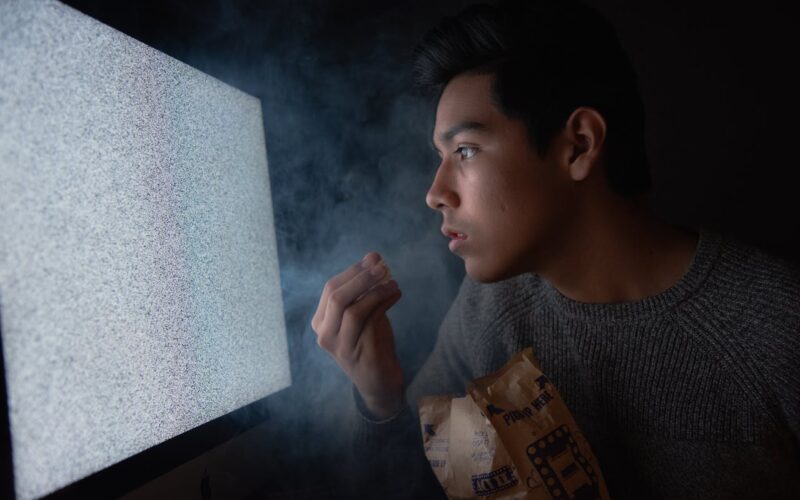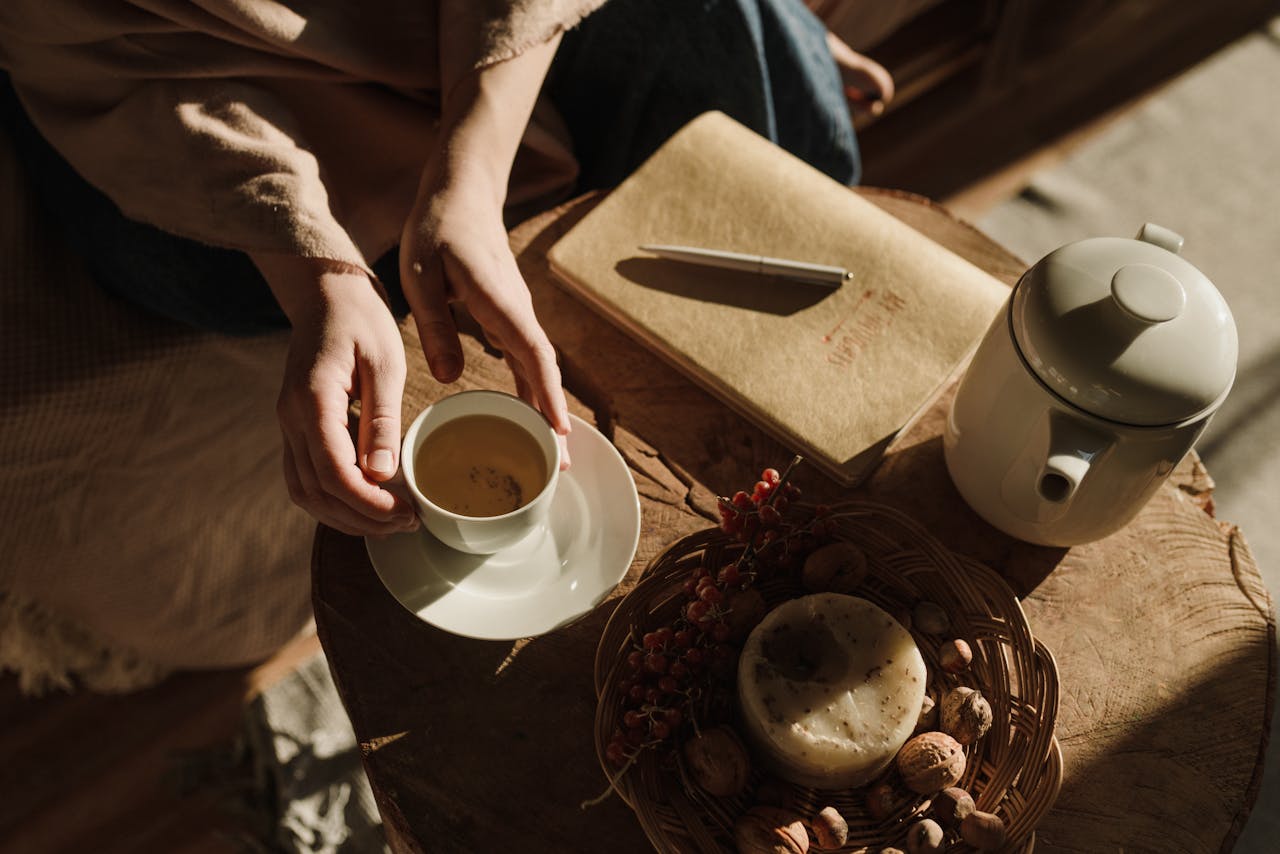The ’90s were a strange and wonderful time for teens. Without social media or easy fact-checking, wild rumors and cultural beliefs spread quickly, and stuck. Teens believed everything from Y2K disasters to fashion rules that now seem hilarious. These ideas felt totally normal back then, but looking back, some are downright bizarre. Whether it was the tech fears or trends that fizzled out fast, here are 12 things teens in the ’90s truly believed that will leave today’s generation laughing (or scratching their heads).
1. Y2K Was Going to End the World
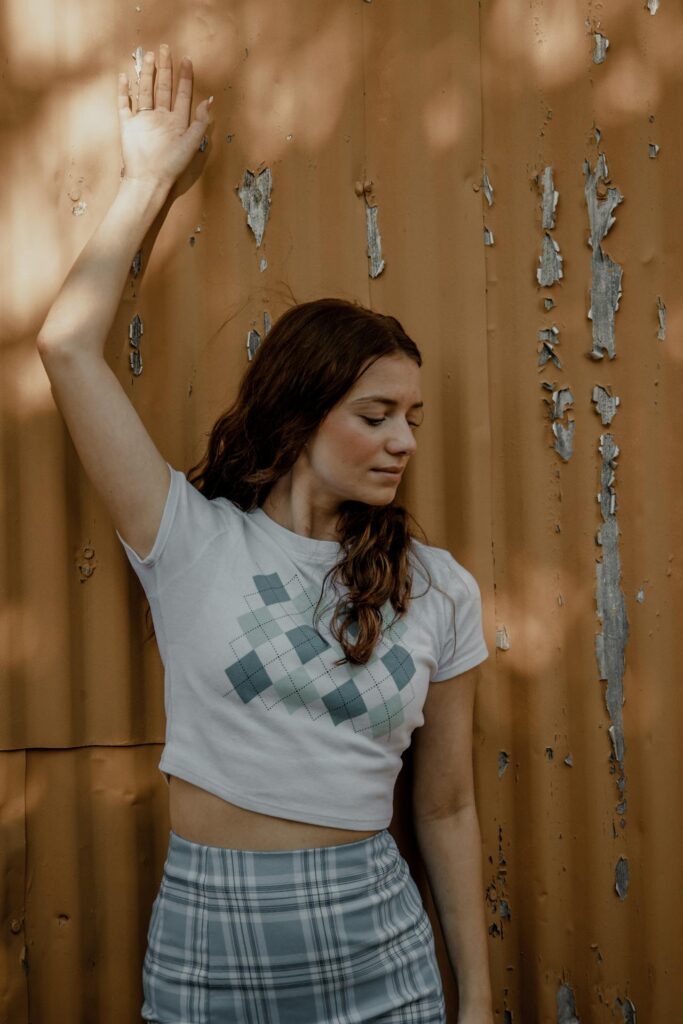
Teens were sure everything would crash when clocks hit midnight on January 1, 2000. Computers couldn’t handle the change, they said, and the world would descend into chaos. Families stocked food, schools ran drills, and news reports didn’t help. Many teens feared ATMs would stop, planes would crash, and banks would lose all money. When the clock turned and nothing happened, everyone breathed a sigh of relief, but that doomsday panic was real and intense for an entire generation.
2. You Could Fry Your Brain with Too Much TV
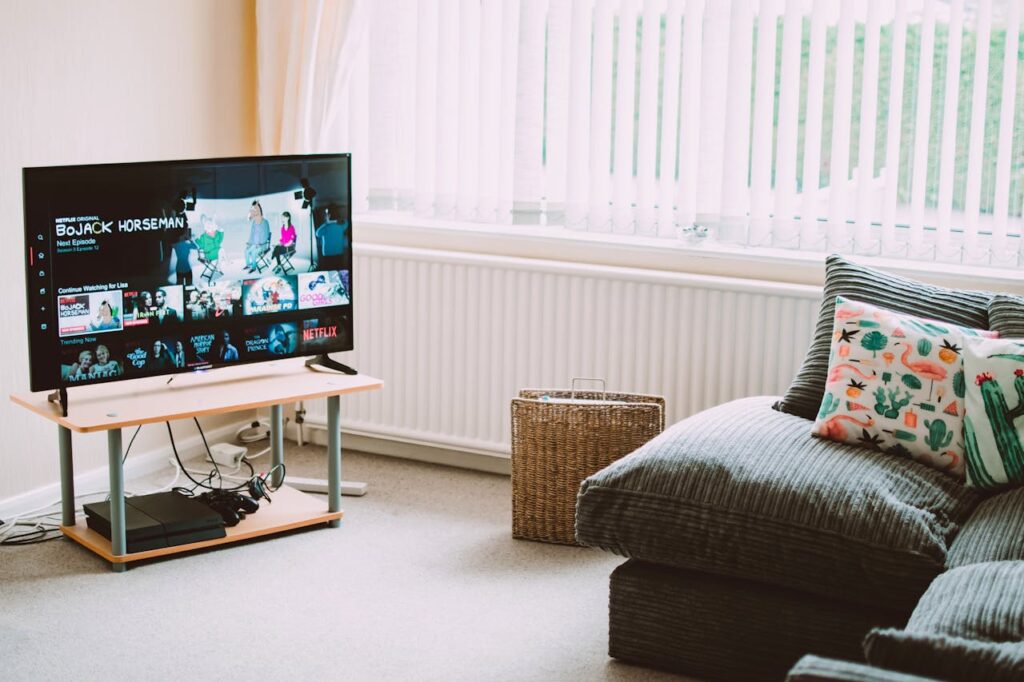
Watching too much TV was rumored to rot your brain. Teachers warned it would lower your IQ, while parents limited screen time like it was radioactive. Teens feared they were hurting themselves with every Power Rangers or Sabrina the Teenage Witch marathon. While modern streaming makes binging normal, back then, going over an hour made you feel guilty, and a little scared you might end up brainless from cartoons and sitcoms.
3. Pokémon Cards Would Make You Rich Forever
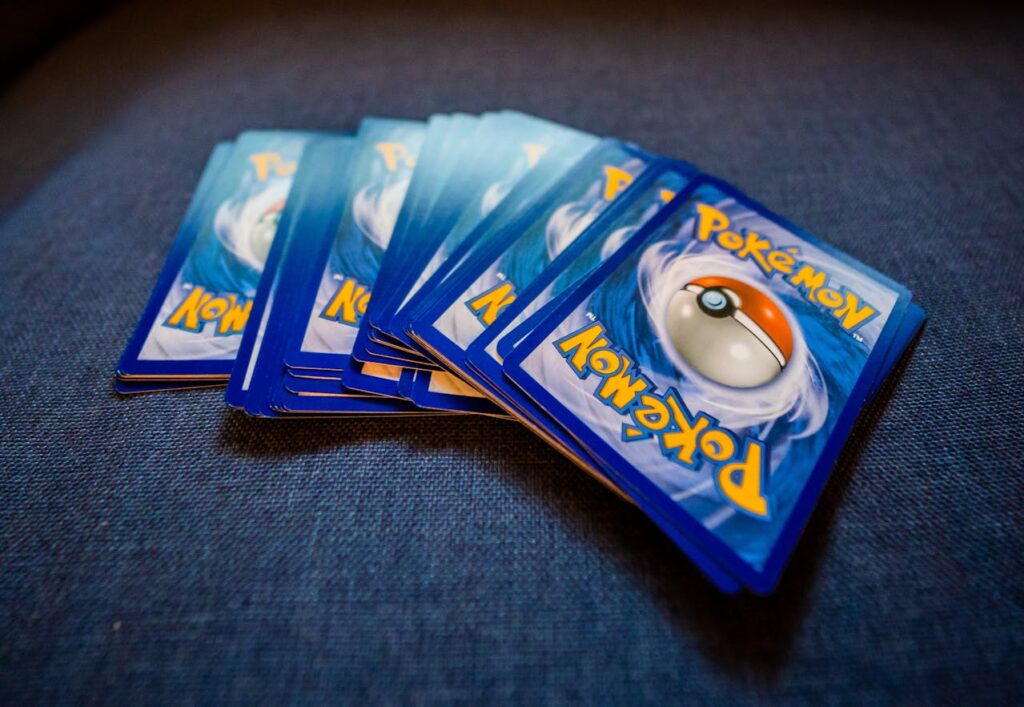
In the ’90s, collecting Pokémon cards wasn’t just a hobby, it was a get-rich plan. Teens swore a shiny Charizard could one day buy a car. Rumors spread that unopened booster packs or rare cards would skyrocket in value. Kids kept them in pristine binders like treasure. While some cards eventually did get valuable, most collections ended up in boxes under beds. Still, the belief that Pokémon could fund your future felt very real to ’90s teens.
4. Backstreet Boys vs. NSYNC Was a Life Decision
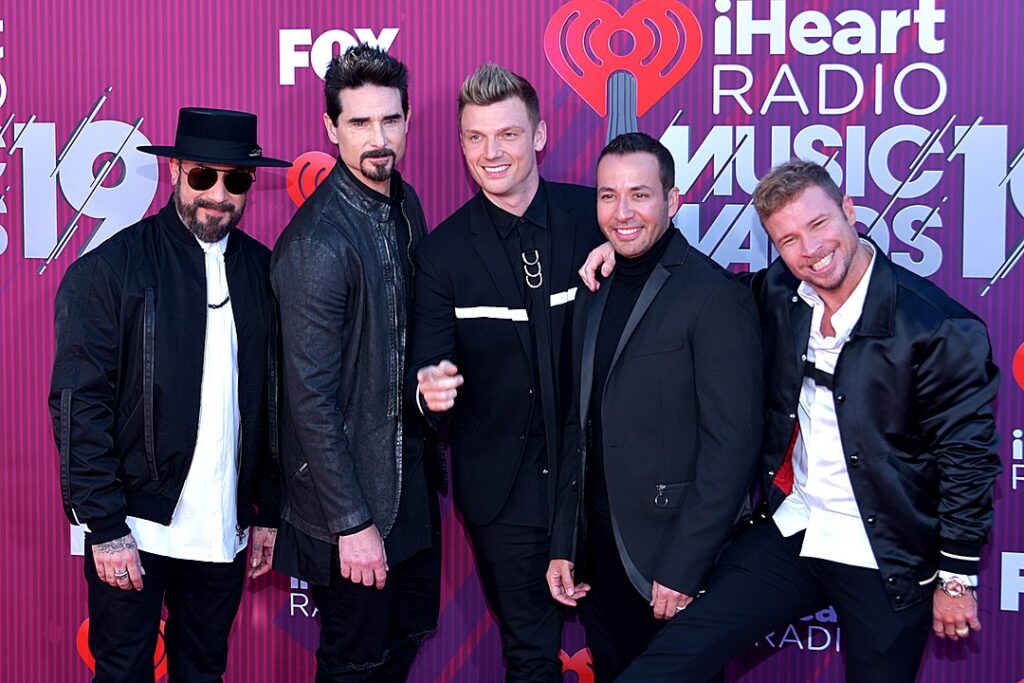
You couldn’t just like both. You were either a Backstreet Boys fan or Team *NSYNC, and your loyalty ran deep. Posters covered bedroom walls, debates happened at lunch tables, and friendships got tested over who was better. The music wasn’t wildly different, but for ’90s teens, it was a cultural identity. Today, liking multiple bands is normal, but back then, you picked a side and stuck to it like your pop reputation depended on it.
5. AOL Chatrooms Were Totally Safe

AOL chatrooms felt like a virtual playground, and teens believed everyone in the “teen” room was also a teen. Stranger danger didn’t apply online. Screen names like “coolguy98” or “musicgirl13” were trusted without question. Teens shared personal info, arranged pen pal friendships, or even harmless “e-dates.” It was exciting and felt safe, even though no one really knew who was behind the keyboard. Today, we’d call that risky, but back then, it felt harmless and fun.
6. Wearing JNCO Jeans Made You Instantly Cool
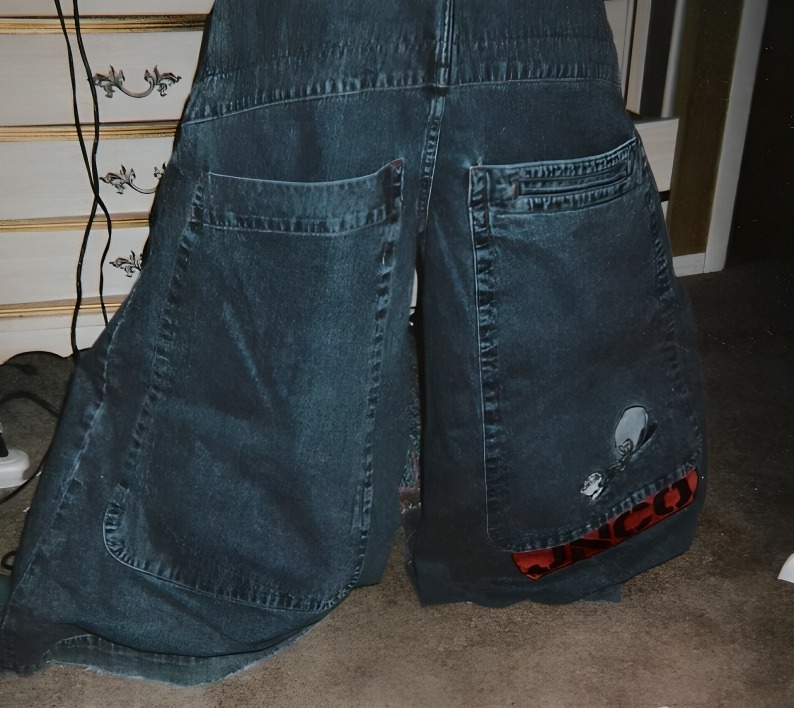
If your jeans didn’t drag behind you like denim curtains, you were doing it wrong. JNCOs were massive, wide-legged pants that turned teens into walking bell towers. Pair them with chain wallets, band tees, and spiked hair, and you had a recipe for peak ’90s style. Teens believed these pants made them edgy and cool, even if walking was a hazard. Today’s fashion has flipped to fitted and minimal, but once upon a time, bigger meant better.
7. Internet Was Just a Fad

Many ’90s teens believed the internet would never last. Teachers called it a distraction, adults mocked it, and teens saw it mostly as a way to play games or email. Shopping online seemed sketchy, and meeting people online was considered weird. The idea that it would become central to everyday life was laughable. Dial-up was slow, expensive, and noisy, and yet, we now live our lives entirely online. Back then, no one saw that coming.
8. You Needed a Beeper to Be Important
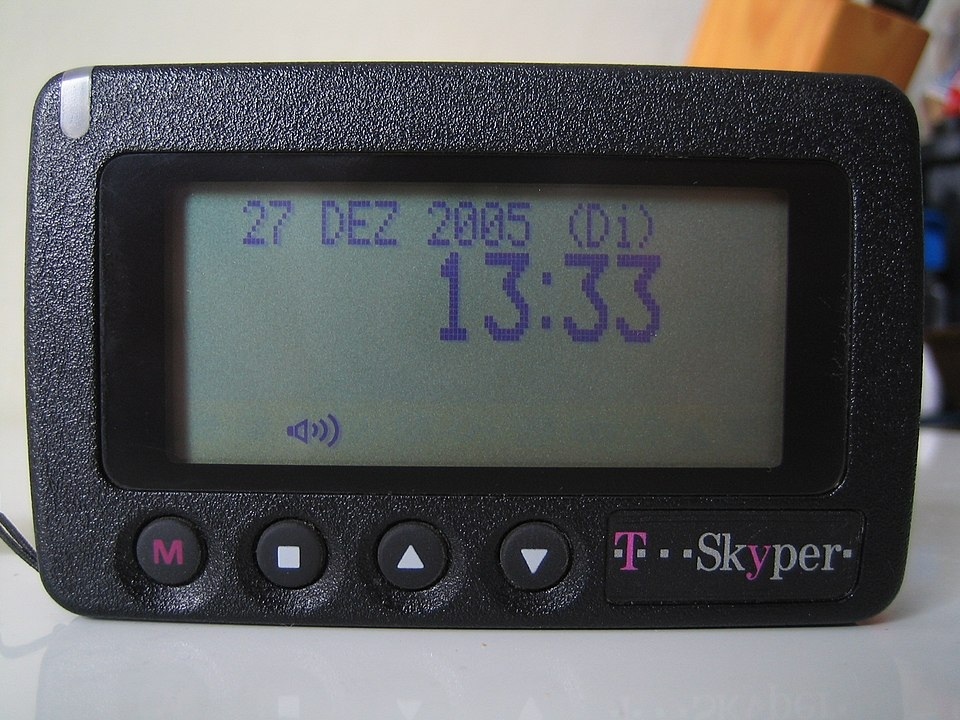
In the ’90s, a beeper, or pager, meant you were someone special. Teens wanted them just to feel grown-up or cool. Even if no one ever paged you, it looked impressive to wear one on your belt. Some would fake alerts just to flex. It didn’t matter that it was just a number display, having one gave you instant street cred. Phones weren’t common yet, so this was the ultimate mobile device for feeling important.
9. Slap Bracelets Could Cut Your Wrist
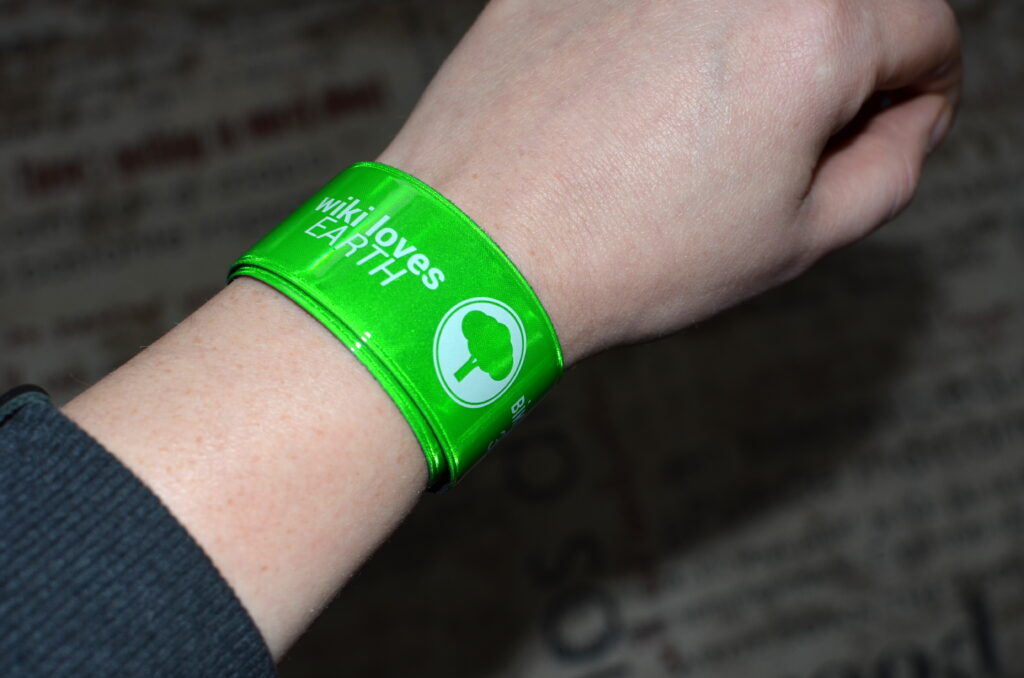
Slap bracelets were banned in some schools due to rumors they could slice skin open. Teens genuinely believed one wrong slap and you’d be bleeding. In reality, they were just metal bands covered in fabric, but that didn’t stop the fear. The louder the snap, the cooler the bracelet. They became even more popular after bans, making them seem rebellious. For teens, danger made them better, even if the “danger” was totally made up.
10. You Had to Wait for the Radio to Record Your Favorite Song
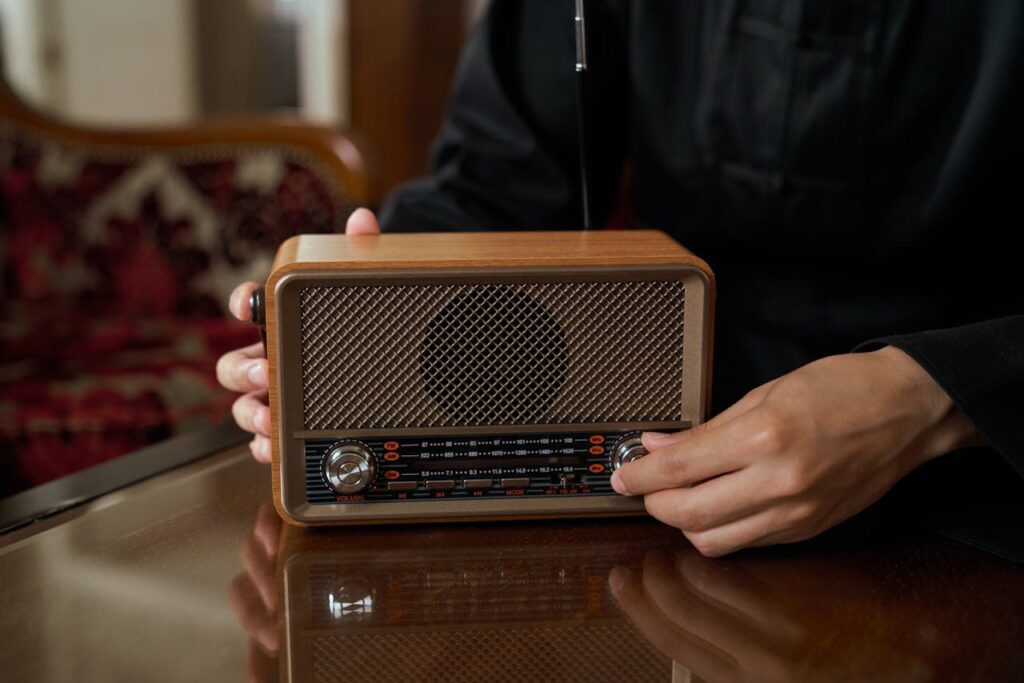
Making a perfect mixtape meant sitting by your boombox for hours, finger ready to hit “record” the second your song came on. Missing the intro? Try again tomorrow. Teens didn’t have YouTube or streaming, just radio roulette. Recording songs with DJ talk over them was annoying, but it was the only option. This delicate ritual took real patience. Today, music is on demand, but in the ’90s, recording your favorite song was a victory.
11. People Thought the “Blue Liquid” in Pads Was Realistic

’90s teens learned about periods through awkward ads using blue liquid to demonstrate absorbency. Many thought that’s what it actually looked like. Sex ed was vague, and health classes barely covered the reality. Without honest info, myths flourished. Ads were sanitized and strange, leading to confusion. Only years later did teens realize how bizarre it was. Today’s ads are more realistic, but back then, blue liquid was considered educational.
12. Pogs Were Going to Be the Next Stock Market
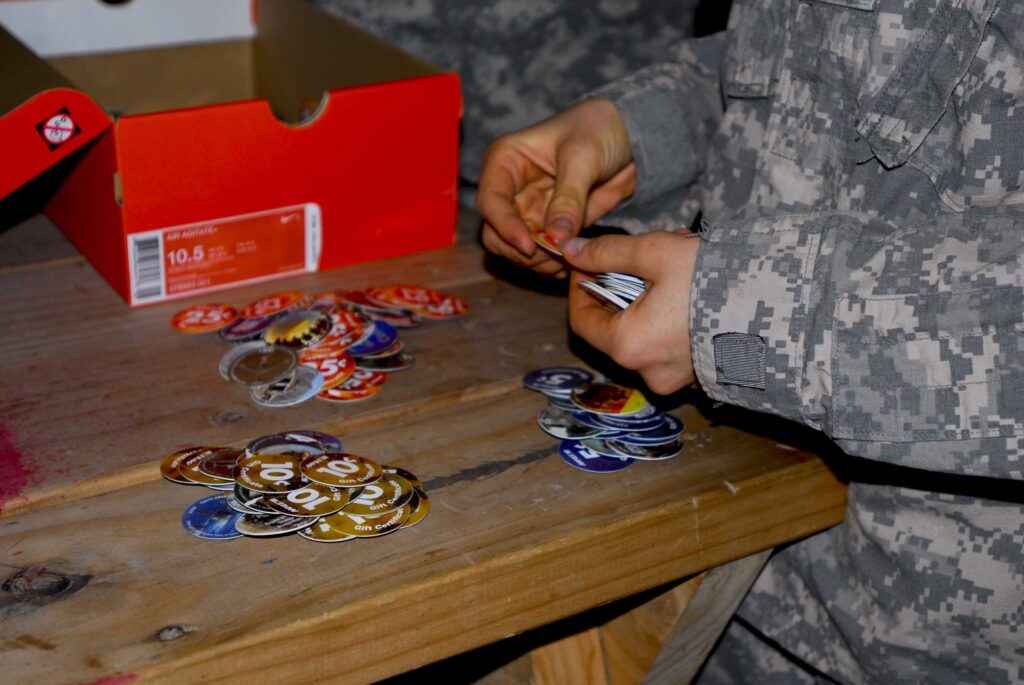
Pogs, little cardboard discs with colorful designs, were the currency of every ’90s playground. Teens believed their collections would one day be worth thousands. Special slammers were guarded like gold. Kids traded, battled, and stored them in protective tubes, convinced they’d cash in later. Some parents even encouraged the “investment.” Of course, Pogs faded fast, but the belief that cardboard circles would fund your future was surprisingly common and entirely believable in the ’90s.
